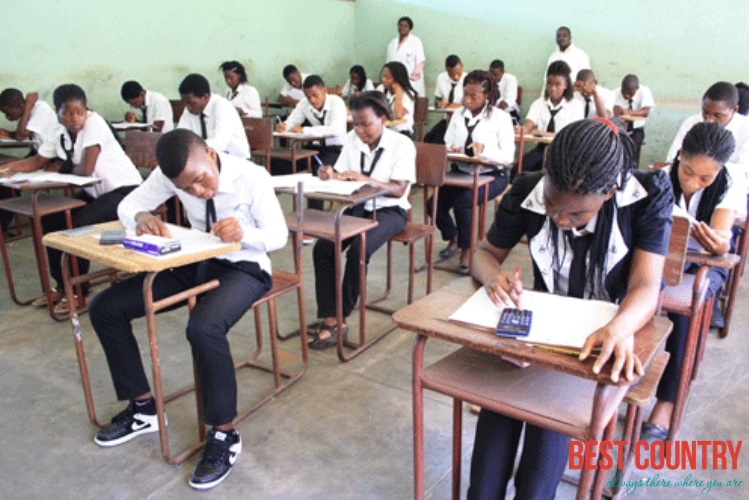Education System in Mozambique

Middle Education
By the time that the first phase of secondary education is reached that will last for a further 3 years, facilities are already thin on the ground especially in rural areas. Students are already 14 years old when they reach this stage, and many would prefer to be at work and earning money.
Secondary Education
Less than 7% of potentially eligible young Mozambicans attend the final two years of secondary school, of which there are only 82 in a vast country. If they do, then they will follow a general curriculum which may not be relevant for the life that lies before them.
Vocational Education
Efforts are being made to integrate what already exists of formalized vocational training, into the government’s poverty reduction action plan. Its current focus on providing food for people means that vocational training in rural areas will remain agriculturally focused, at least for the immediate future.
Tertiary Education
Mozambique Education Higher education continues to reach only a tiny, disproportionately male sector of the wealthier population, with facilities clustered in the few major urban areas.
The senior institution is Eduardo Mondlane University established in 1962 in colonial days and based in Maputo. Its faculties include Agronomy and Forest Engineering, Architecture and Physical Planning, Arts, Economics, Education, Engineering, Law, Medicine, Science, Social Sciences, and Veterinary Science. Some days hopefully these opportunities will be open to all the people.